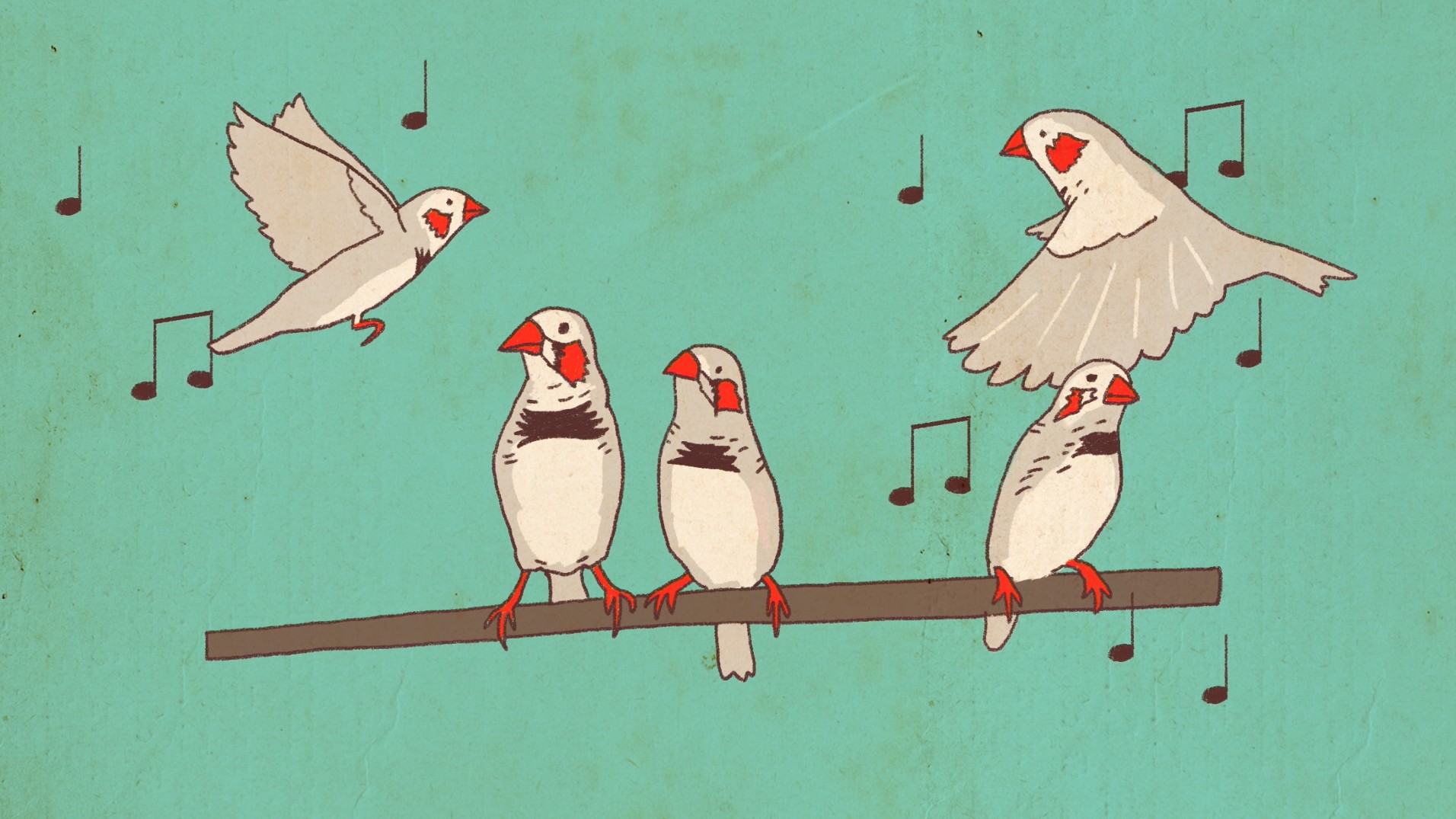SKrom / Getty Images
It’s almost as if mildly dysfunctional is the new functional when it comes to families. Most family members irk each other from time to time, bumping into conflicts about politics, religion, and life choices. But despite these misunderstandings, many of us tend to lean on the love and support we get from our biological (or chosen) family. However, for people with “toxic” parents and siblings, maintaining ties with family can be challenging, with the cons weighing heavier than the pros of keeping them in your daily life.Jennifer McNeely, 39, who lives in Scottsdale, Arizona, grew up in what appeared to be a well-adjusted family. Her dad worked hard to support the family while her mom stayed home to care for her and her older brother. But throughout McNeely’s childhood, her mother was extremely verbally abusive."She repeatedly told me I was a ‘problem’ and that I had mental issues," McNeely says. Instead of supporting her daughter’s educational and career ambitions over the years, McNeely’s mother told her she'd become overweight and unsuccessful. “She jabbed me with hurtful comments whenever she could.”The pattern took a toll, and like others who’ve endured long-term verbal hits, McNeely internalized her mother's criticisms as truths, which made it difficult for her to develop confidence. Even after she moved from her parents' home, the aftershock of her mother's words lingered, affecting McNeely’s ability to thrive in her career as a Pilates instructor.Her struggle makes sense. Even after young adults physically leave their childhood homes, the psychological scars of abuse linger. In fact, research shows that child maltreatment can alter brain development, fracture one’s ability to form trusting relationships, and cause post-traumatic stress disorder, the same psychological condition that affects war veterans.A recent study conducted at McGill University found that childhood trauma—such as child abuse—affects the brain’s development and neural wiring. By studying post-mortem brain samples (from those who were subjected to severe verbal and emotional abuse as children), the researchers discovered abnormalities in the amygdala—an area of the brain that serves as an emotional thermostat. When this part of the brain is damaged, it can be harder for people to regulate their emotions, making it more likely that they will suffer from anxiety and depression.Still, for many people who have endured any type of abuse, cutting ties with one’s family can seem like a drastic measure. But a recent New York Times article about family estrangement cited a survey that found 8 percent of adults in Britain (out of a sample of 2,000 individuals) had severed contact with a family member. And like many relationship break-ups, the endings weren't always immediate but happened over time.After decades of being mistreated by her mother, McNeely finally ended the relationship. The crescendo came after her father died. “After dad died, my mom called me several times a day. If I didn’t respond immediately, she would message me until I called her back. I tried setting boundaries, but it only made her angrier,” McNeely tells me.She finally realized that interacting with her mother caused an emotional hangover, making her feel drained, annoyed and bad about herself. “Each time I talked to her, it took me days to get over it,” she says.When friends, co-workers, and partners misbehave by gaslighting (also known as victim blaming), criticizing, and emotionally abusing us, we’re often told to distance ourselves. However, the same advice doesn’t always apply to family members.“There's a bias within our society towards salvaging family relationships," says Emily Perrine-Gifford, a 38-year-old American clinical psychologist living in Zurich, Switzerland. Perrine-Gifford believes this advice can harm abuse survivors, causing them to feel misunderstood and alone. Instead, she counsels her patients to salvage their mental health and well-being, even if this means divorcing a relative.While her advice stems from clinical experience, it's also informed by her own trauma. Perrine-Gifford grew up with her mother, father, and two older siblings and during her childhood, she felt supported and nurtured by her parents. But everything changed when her mom passed away in February of 2000.
More from Tonic:
“My family became dysfunctional because we were unable to process our mother’s death,” Perrine-Gifford says. The most profound rupture, however, occurred between Perrine-Gifford and her older brother. After her mom's death, he launched an attack, claiming Perrine-Gifford was being ungrateful for a family loan and accusing her of "acting better than everyone else."One evening at their childhood home (where her brother lived with his family), the conflict escalated. “Before I knew it, my brother hit the side of my head and began beating me,” she says. Even though she begged him to stop, he tried to choke her, eventually throwing her down the stairs. When Perrine-Gifford told her father about the assault, he blamed her for her brother’s actions, threatening to disown her if she pressed charges.Shortly after the attack, Perrine-Gifford decided to cut off ties with her abusive family members.
Since ending the relationships, the emotional pain remains, but it’s given Perrine-Gifford space to heal. "Now, my life is on an upward spiral. I recently became a mother, and I am glad to be free of the cycle of abuse," she says.While McNeely and Perrine-Gifford feel freer after cutting ties with their families, severing relationships with one’s relatives comes with consequences. Susan Ross, a mother and grandmother living in Idaho, cut-off contact with her family over a decade ago. “Even though I feel more emotionally stable, it’s sad not to have those familial connections, the roots that go way back,” she says.Walking away from a family member, such as a parent, can also cause you to feel alone because friends and partners may not fully understand your decision. While our society extends compassion to abused children, we’re less informed about the scars that remain for adult trauma survivors, which can make knowing how to cope with problematic family members murky.So, how do you know when it’s time to cut ties, versus limit contact? As a psychologist, I like to offer this piece of advice to my clients: Pay attention to how you feel before and after you see or talk to this person. Often, anxiety and depression spike before interacting with a toxic relative. Symptoms of PTSD may also emerge, causing painful childhood memories to resurface, which may indicate that interactions are stressful, not nurturing.Finally, if you’ve repeatedly tried giving your relative feedback about their behavior, only to have your words dismissed, take note. Individuals who can’t own up to their actions often make us feel like we’re “wrong,” which can be a sign of abuse. Abusive people also turn the tables by becoming angry with the victim as a way to maintain power and control. They may also prey upon your empathy, offering excuses as to why they’ve acted poorly without truly making any effort to change. This is their baggage, not yours. And talking to a therapist—someone who can give you an unbiased perspective—can help you decide if that baggage is too heavy for you to carry anymore.Read This Next: How I Realized My Mom is a Narcissist
Advertisement
Advertisement
Advertisement
More from Tonic:

“My family became dysfunctional because we were unable to process our mother’s death,” Perrine-Gifford says. The most profound rupture, however, occurred between Perrine-Gifford and her older brother. After her mom's death, he launched an attack, claiming Perrine-Gifford was being ungrateful for a family loan and accusing her of "acting better than everyone else."One evening at their childhood home (where her brother lived with his family), the conflict escalated. “Before I knew it, my brother hit the side of my head and began beating me,” she says. Even though she begged him to stop, he tried to choke her, eventually throwing her down the stairs. When Perrine-Gifford told her father about the assault, he blamed her for her brother’s actions, threatening to disown her if she pressed charges.Shortly after the attack, Perrine-Gifford decided to cut off ties with her abusive family members.
Since ending the relationships, the emotional pain remains, but it’s given Perrine-Gifford space to heal. "Now, my life is on an upward spiral. I recently became a mother, and I am glad to be free of the cycle of abuse," she says.
Advertisement
